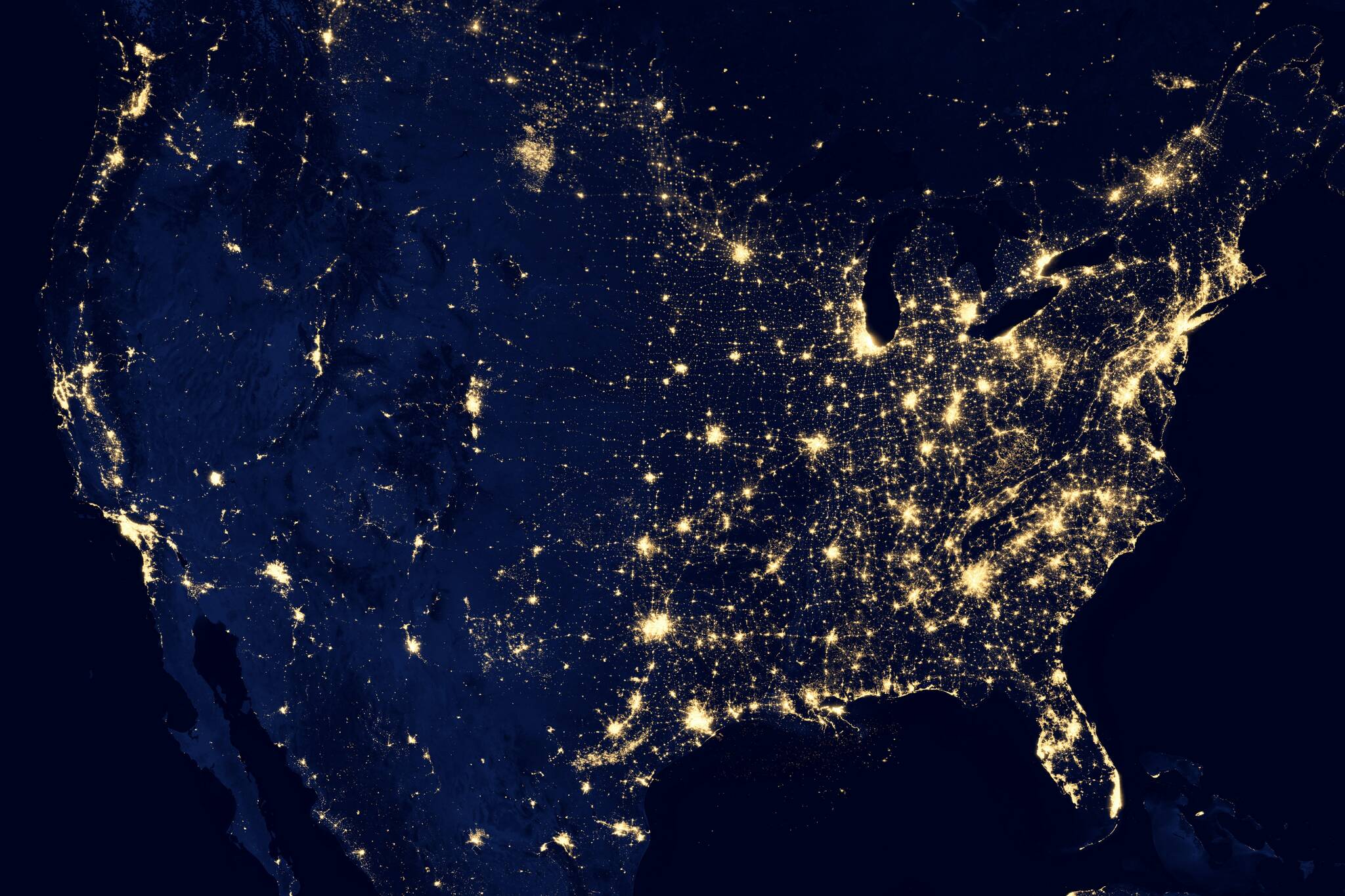By Rich Moniak
On Wednesday, I had the opportunity to listen to a conversation between Gov. Mike Dunleavy and exchange students from five different countries. One of the many questions they asked came from Ahmed, a 17-year-old boy from Bahrain. He wanted to hear the governor’s ideas for encouraging more people to move to Alaska.
Acknowledging our remote place in America and the cooler and wetter climate we endure, Dunleavy told them it’s not a place for everyone. But to people like him who came here long ago and stayed, his message was simple. There’s a lot to love about Alaska.
I don’t want to diminish the feelings he expressed about his adopted home. But every governor loves their state. Every mayor loves the city they serve. It’s an unspoken prerequisite for seeking such offices.
It’s also one of the things we look for when recruiting families to host exchange students. They are more likely to have a positive experience in America living with people who have a deep connection to the social and physical environments of their communities.
As a volunteer, I’ve been involved with the Kennedy-Luger YES program since 2011. It provides scholarship for students from countries with significant Muslim populations. Administered by the U.S. State Department, the goal is to help Americans better understand the culture of the students’ home countries. And give them an appreciation for the ideals and the diversity that form the backbone of American society.
For the past seven months, I’ve been Ahmed’s community liaison. Right after he arrived in August, his host father took him fishing for salmon. That first Alaskan adventure included paddling a kayak and seeing humpback whales breach. He’s since been out hiking and biking, learned to ice skate at the Treadwell Arena, and enjoyed skiing at Eaglecrest. He joined the JDHS cross-country team in the fall and is now a member of its soccer team.
His experience has been like that of 20 other students I’ve worked with over the years. And based on the alumni testimonials I heard while at a program workshop last weekend, most Muslim students have fond memories of their year in America no matter where they lived.
But a boy from Pakistan who is currently attending school in a small rural Wisconsin community told us a different story. Although he’s developed a healthy bond with his host family and has excelled academically, he hasn’t been well received by most people in the community. His classmates at the school hardly acknowledge him. The adult athletic coaches have refused to talk with him.
His host mother described the county as “insular.” There are many like it in America’s heartland, according to volunteers from those regions. They explained it’s extremely difficult to find host families and schools willing to accept Muslim exchange students. As a result, most of the 900 that come each year wind up in communities where people accept them with open arms.
When the YES program was established in 2002, Congress understood it was a small step on a long road to changing hearts and minds in both worlds. Placing exchange students in communities unwelcoming to the Muslims has the potential to more profoundly serve that long-term objective. But it also risks having students return home with less favorable image of America, leaving them less equipped and possibly less willing to counter anti-America sentiments in their countries.
Meanwhile, as Americans have become less tolerant of our cultural differences, a wall has gone up between rural communities and metropolitan/suburban regions. The State Department can’t solve that. It’s up to us to create a friendlier America.
These exchange students could guide us there. On a global level, they came to make friends in America by learning about our culture while sharing theirs. Like them, we must first believe it’s possible.
Maybe we can agree to start by acknowledging that love for America isn’t contingent on political ideology, religion or anything else. That we’re bound together by the common history that gave birth to the freedoms that allow us to be different. And that those are further grounded in the different places we each affectionally we call home.
If that’s too much to ask, then we’re heading to a path that will dim our image as the “shining city on the hill.”
• Rich Moniak is a Juneau resident and retired civil engineer with more than 25 years of experience working in the public sector. Columns, My Turns and Letters to the Editor represent the view of the author, not the view of the Juneau Empire. Have something to say? Here’s how to submit a My Turn or letter.

